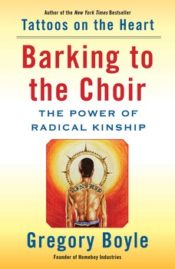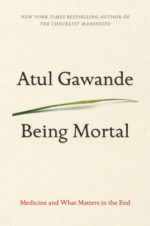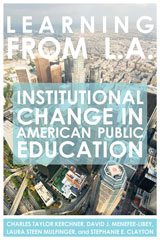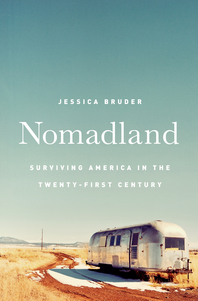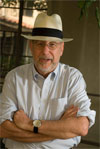Questions about Teacher Union Influence
Posted on | November 9, 2010 | Comments Off on Questions about Teacher Union Influence
Mitchell Landsberg questioned the political clout of teacher unions in a recent Los Angeles Times article. “A nationwide school reform movement with bipartisan support has collided head-on with three ideas that labor has long resisted: expansion of charter schools, the introduction of merit pay for teachers and the use of student test scores…even seniority and tenure no longer seem sacrosanct,” he wrote.
I think that the picture may be more dire than the one Landsberg paints. Unions have lost control over the education agenda, what gets talked about and voted on. They still have substantial protective power, both in their contracts and in statehouses. They still have huge electoral influence, and if teachers sit on their hands in 2012 President Obama may join the ranks of the involuntarily retired. But the big new ideas about how education is to be delivered and about what constitutes learning are coming from elsewhere.
Because I have been beating this drum for decades, it feels a little like nagging to raise the subject again, but teacher unions live in very dangerous times. The danger comes not from the right, which has always hated any kind of worker influence as a violation of the divine right of management to do whatever it wishes. Danger comes at the hands of Democrats, particularly the new generation that comes to the party without roots in trade unionism. Most of those labeled as reformers in education policy circles share an antipathy toward teacher unions.
In many ways, the wounds to teacher unions have been self-inflicted. When Julia Koppich, Joseph Weeres and I wrote United Mind Workers more than a decade ago, we said that the unions faced a choice between a transformational vision and trench warfare. They chose the latter. They waste political capital on small fights rather than organizing around the emerging institution of public education. In a speech to the National Education Association, titled Things that Go Bump in the Night, I described the signal changes taking place: the use of computer and web technology to teach, and the emergence of network forms of school districts. Each fundamentally disrupts existing employment relationships, and teacher unions do not have an effective way of organizing around either of them.
